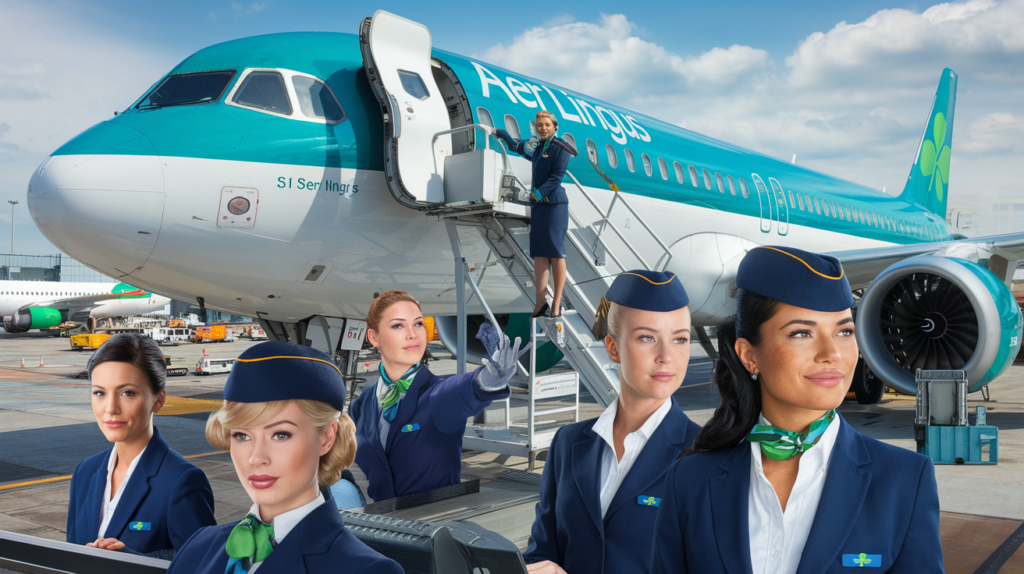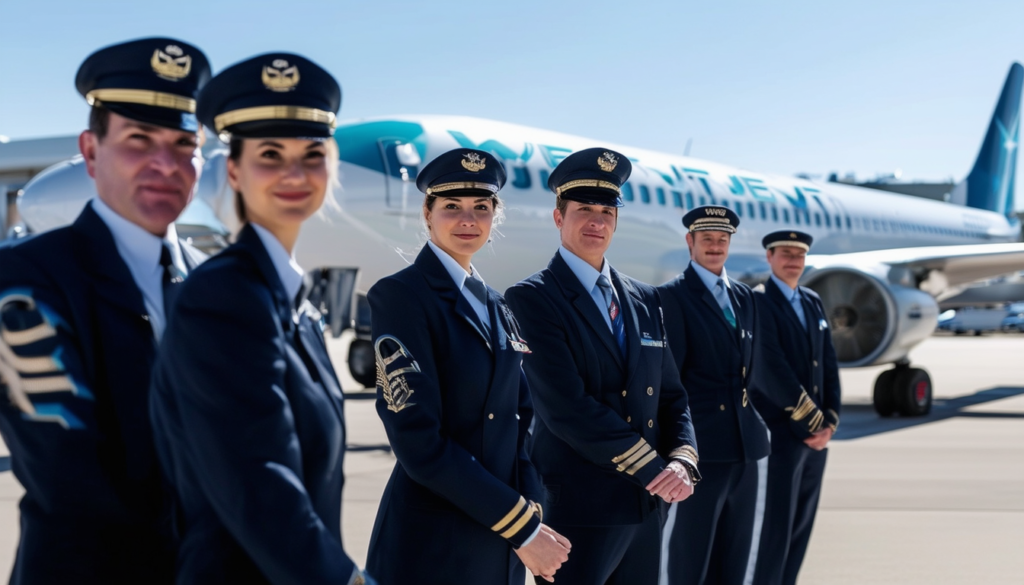Aer Lingus reintroduces the A321 XLR thanks to a new agreement with its pilots. The Irish airline recently announced an agreement with its pilots concerning the use of the A321 XLR aircraft. This new agreement paves the way for the integration of these modern aircraft into the Aer Lingus fleet, marking an important turning point in its development strategy.

Aer Lingus, Ireland's national airline, recently announced that it may be relaunching operations with the Airbus A321 XLR. This decision is the fruit of a new agreement between management and pilot representatives.
A modern aircraft for long-haul routes
The Airbus A321 XLR is renowned for its impressive performance, particularly its ability to cover long distances while being fuel-efficient. This characteristic perfectly meets Aer Lingus' needs for its new transatlantic and European routes.
Importance of agreement with pilots
The new agreement with drivers was crucial to re-launching the use of the A321 XLR. In fact, the agreement covers key issues such as the schedule managementthe working conditions and salary increasesto ensure smooth operation with this state-of-the-art aircraft.
Benefits for passengers
For passengers, this development means a significant improvement in comfort and convenience. The A321 XLR offers a spacious cabin, more comfortable seats and improved on-board connectivity.
Expanding destinations
Thanks to the A321 XLR, Aer Lingus is also planning to expand its network of destinations. New routes to North America and Eastern Europe are being studied, reinforcing the company's position as a major player in international air transport.
Pilot preparation and training
Another important aspect of this agreement includes the preparation and pilot training for new operations. The company is investing in advanced training programs to ensure that pilots are fully prepared to fly the A321 XLR.
Economic impact
The economic benefits of this initiative are also significant. In addition to generating additional revenues through route expansion, the adoption of the A321 XLR also represents operational savings thanks to its fuel efficiency.
Here is a list of the main points concerning the new agreement and its impact:
| Elements of the agreement | Impacts |
| Work-life balance for pilots | Improving working conditions |
| Salary increases | Staff motivation and retention |
| Advanced training for the A321 XLR | Operational safety and efficiency |
| New A321 XLR fleet | Road expansion and fuel savings |
On the same theme
Aer Lingus supports the development of women's careers in aeronautics
Aer Lingus is firmly committed to gender equality in the aviation industry. By welcoming 200 guidance counsellors and 80 students to Dublin airport recently, the company illustrated the diversity of career opportunities available, actively encouraging women to...
WestJet Encore pilots in Canada reach tentative agreement
The recent tentative agreement reached by WestJet Encore pilots in Canada marks a major breakthrough in collective bargaining in the aviation industry. The news has aroused great interest among industry professionals and the general public alike.
SWISS trains pilots and cabin crew for Airbus A350 integration
SWISS is preparing to renew its fleet with the imminent arrival of ten new Airbus A350-900s, replacing the old Airbus A340-300s. To prepare for this transition, SWISS will train around 1,800 flight attendants by 2025....







